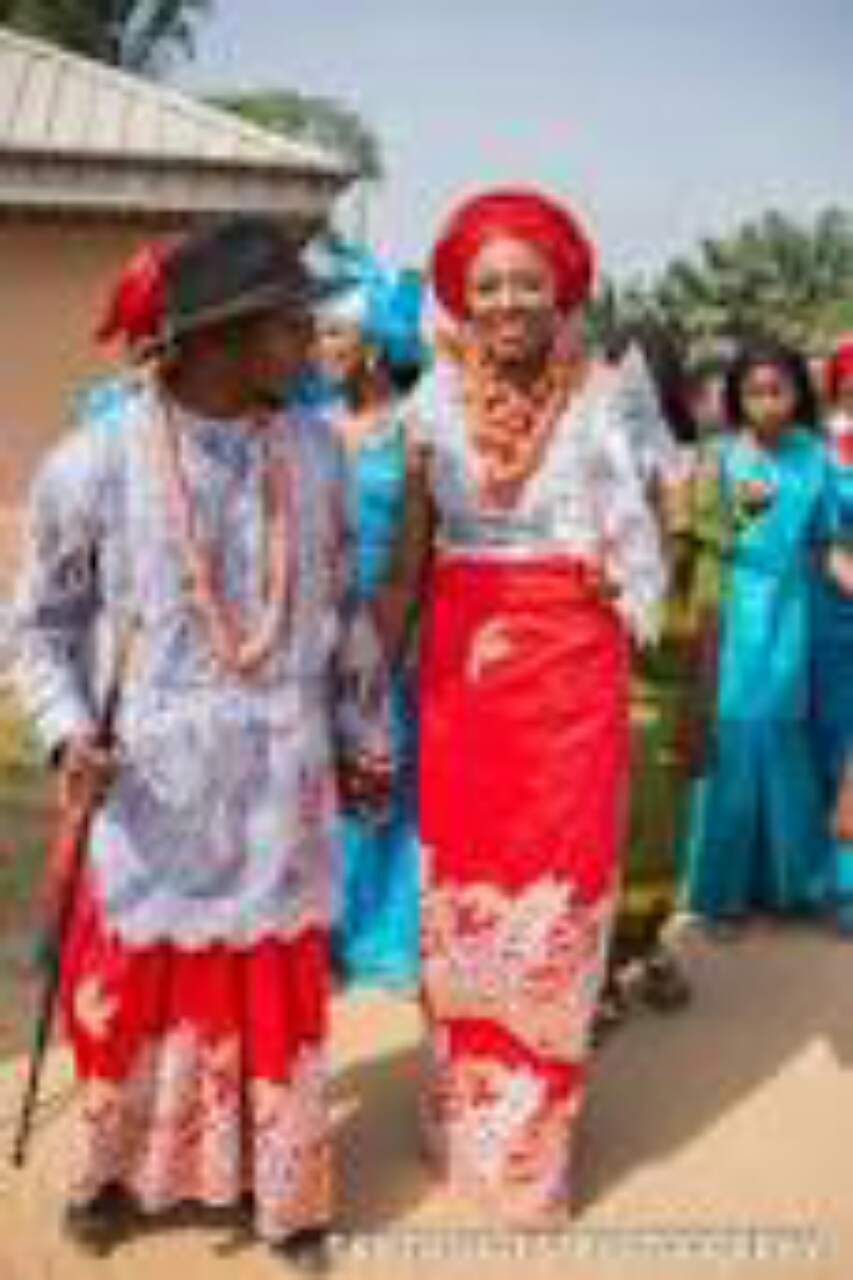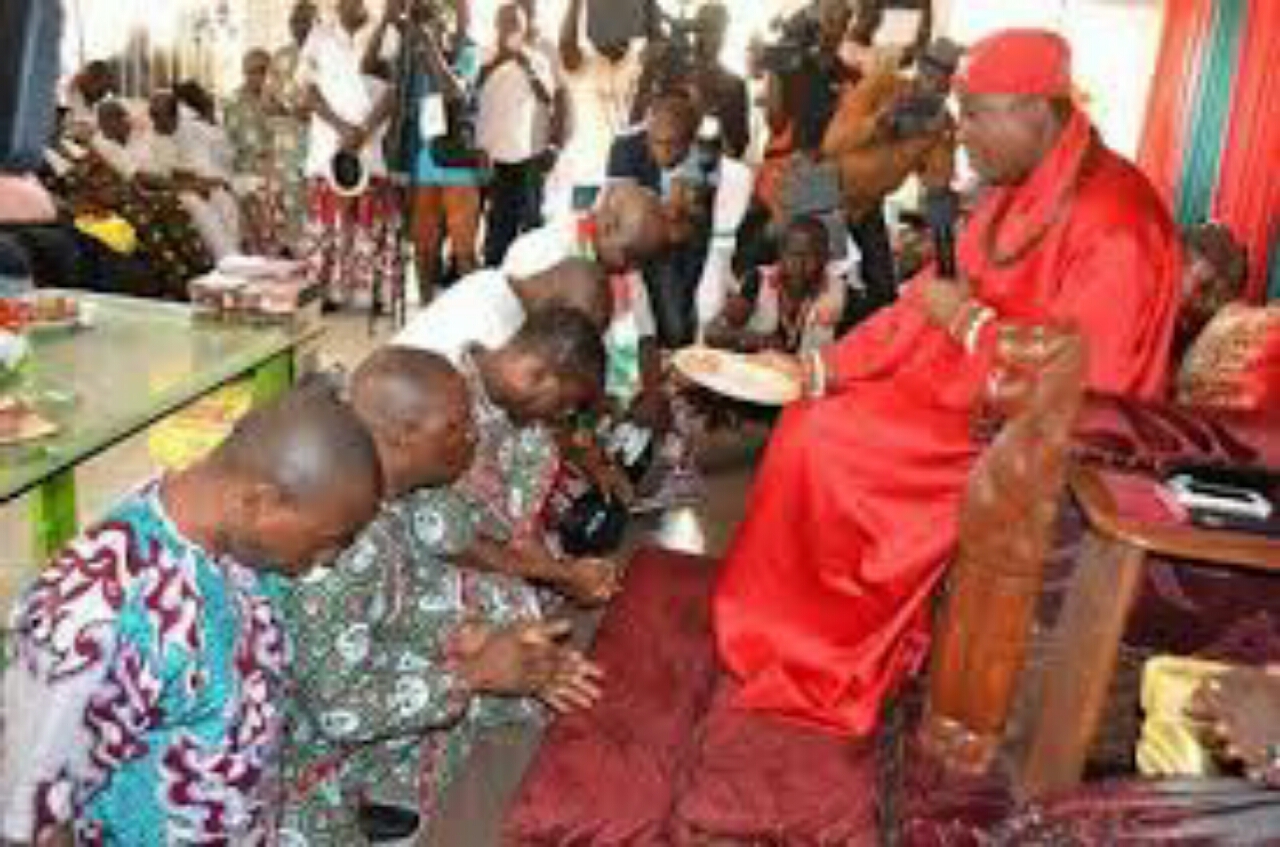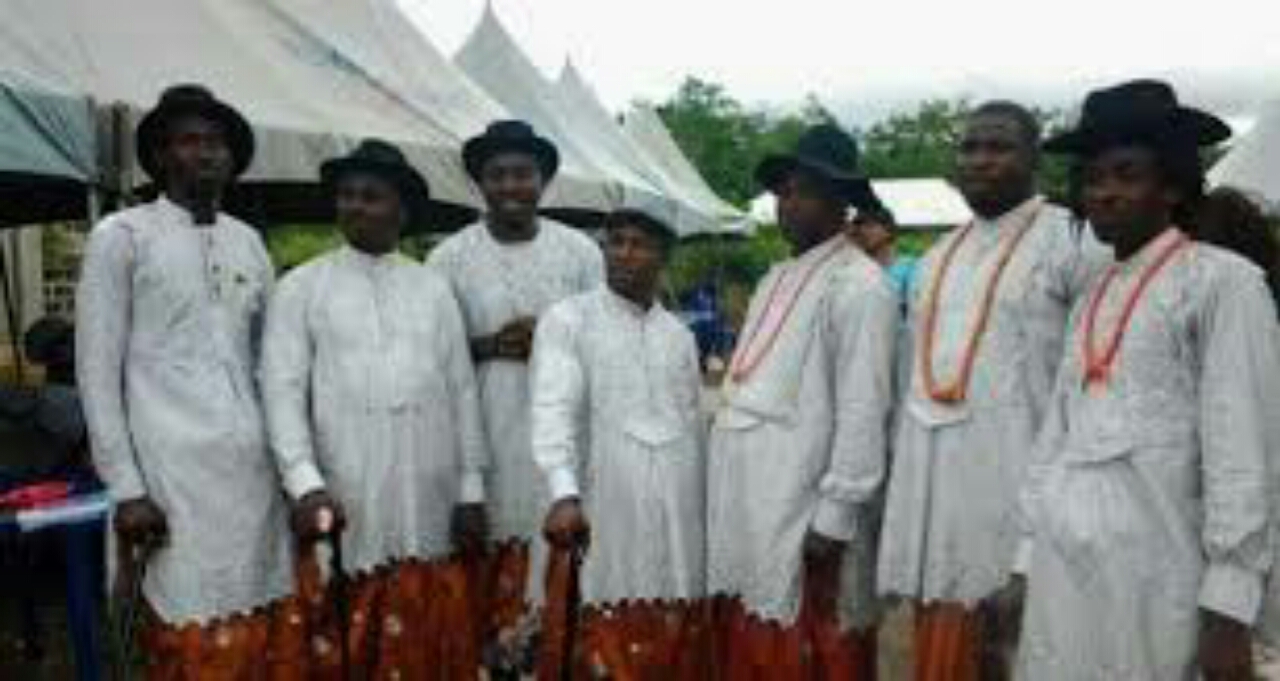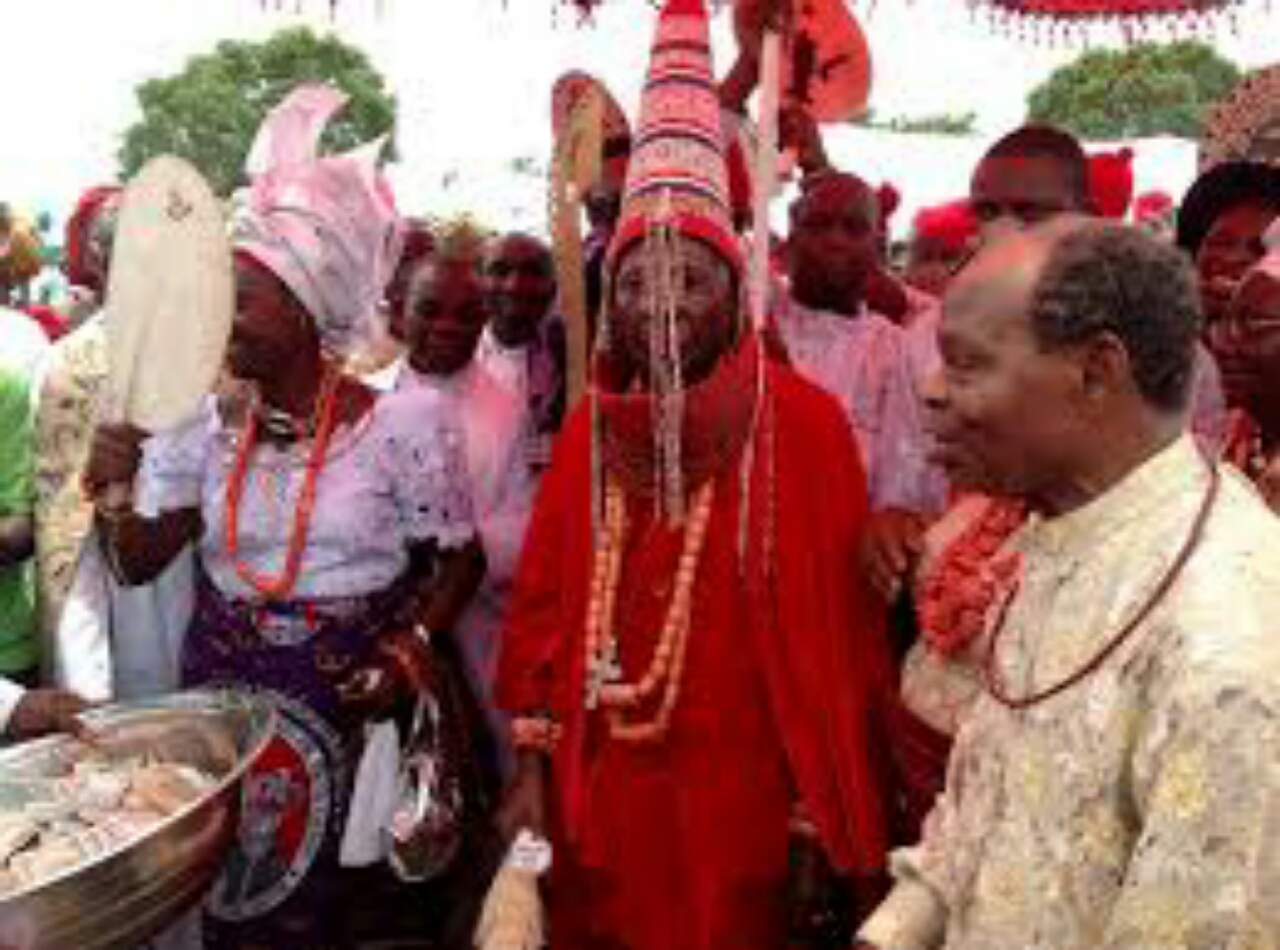THE HISTORY OF ISOKO KINGDOM
Isoko, people of the northwestern part of the Niger delta in Nigeria, speaking a language of the Kwa branch of the Niger-Congo family. The term Sobo is used by ethnographers as a cover term for both the Isoko and their neighbours the Urhobo, but the two groups remain distinct from one another.
The oral history has it that the first group of Isoko ancestors migrated from Benin Kingdom in about 1600 AD at the same time as the ancestors of Aboh. The ancestors in the first group were Erowa (the senior) Uzere, and Okpe. Isoko oral history told that the second group led by ancestors of Iyede left Benin about 1650- 1700 AD during the reign of Oba Ozolua, the Oba of Benin. After, a short while the ancestors of Ughelli, Ogor and Agbarha- Otor (3 brothers) in Ughelli North Local Government area followed the trail of Iyede ancestors and settled in their present sites. Between 1600-1700 AD there were many migrations from Benin kingdom to many parts of the present Edo and Delta States as a result of incessant internecine wars coupled with the unbridled wickedness of the princes of Benin Kingdom. There were further migrations by some of the first and second groups and in some cases their children moved from their parents settlements to settle in virgin lands.
The ancestors of all the clans in Isoko migrated from Benin with the exception of Igbide (my home town) , Okpolo/ Enhwe and Evwrheni now Ughelli South, which came from East of the river Niger, i.e. the present day Anambra, Bayelsa and Rivers states. They came through the river Niger to Isoko creek (a tributary of river Niger) near Patani, and advanced in land to settle in their present sites. Late Professor Obaro Ikime elucidated on the historical facts of Isoko nation. Umeh ancestors came from Onya on the River Niger opposite river Nun, a tributary of river Nun, a tributary of river Niger and came through Isoko creek near Patani and advanced in land to settle on the banks of Isoko creek where they are at present. There was further movement of Owhawha ancestors from Igbide in Isoko South LGA to settle in Jeremi clan, Ughelli South LGA. The only Isoko community that migrated from Urhoboland is Olomoro clan which descended from Olomu clan in Ughelli South LGA about 1750-1800 AD.
The Isokos are a unique people found in Delta State, the heart of the Niger Delta. It is a district ethnic group made of nineteen (19) clans with a total of about 2.1 million people.
The Seventeen Clans in Isoko are:
- Aviara
- Ellu
- Emede
- Emevor
- Enwe/okpolo
- Erowha/umeh
- Igbide
- Irri
- Iyede
- Ofagbe
- Oleh
- Olomoro
- Okpe
- Owhe
- Oyede
- Ozoro
- Uzere
Language of the People
The Isoko ethnic group is one of the smallest minority ethnic groups in the Niger Delta region of Nigeria in West Africa, occupying an area of about 1,200 square kilometres, with a residual population of over 750,000 by 2001 census. The language spoken by the Isoko people is the Isoko language. It is linguistically similar to that spoken by the neighboring Urhobo people.
Religion/Believe
The Isoko people are predominantly Christians. Traditional worship still thrives despite the strong onslaught of Christian principles. Ọghẹnẹ is the word for God. Although it can be generally termed as traditional religion, there are however some practices that are peculiar to some Isoko community. For instance in the town of Emevor, some important festivals like "idhu and owhoru" which are celebrated annually and bi-annually.
Food of the Isoko People
Cassava is the source of most of the foods consumed by the Isoko people. Garri, starch meal (Ozi), Egu are cassava derivatives.
Marrige Ceremony of Isoko People
The First Visit

The groom to be and his family members (about 5 -10) visit the bride’s home to introduce and make known their intention to the brides parent. They mostly use words like, “we saw a beautiful flower or a she-goat and will want to take it along with us, sir we need your permission”.
On arrival on a specific day, the girl’s family entertains their guest with drinks and kola nut, and then the girl’s father gives his guest money for their trouble finding their way to his house. The groom family will reciprocate by offering the girls family their own drinks and kola nut, then paying back two times the money they gave them earlier.
They will be merriment with a lot of food and drink, then after entertaining his guest the girl father will bring out all his daughters, sisters even older women for the groom to identify his future wife. This is done to test if he actually knows who he wants. If the girl he seek is not among the ladies brought out for him, he can demand for the particular person he seeks. When she comes out and he identify her, there are applauds and singing all over the place.
Second Visit

At this second coming the groom presents his gift (different type of drinks and kola nut), the girl will be summoned and she will be asked if she knew the man and want to marry him. She has to agree to the proposal before his gift will be accepted and for the ceremony to processed.
The girl’s father introduce the man to some of his family member about 5-10 and about 5-3 of the mother’s family. The groom must visit these people one after the other and he must fulfill every request they ask of him.
The Bride Price

Then a date is fixed where all the parent family will meet with the prospective groom, this is done to join both family ones more, the bride price is negotiated and agreed on. List of required items needed by the girl’s parent is given to the man to buy or pay the equivalent.
Traditional Wedding Ceremony
The tradition wedding ceremony is filled with funfair and celebration, with a lot of food and drinks to go round. The peak of the occasion is when the community represented by the elders comes to make their own demands, @robmolecule a certificate is presented to the couple after all requirements are meant. The document will be signed by the couple, these certificate authenticate the union.
Summarily, the Isoko people are unique set of people who are hardworkin especially the women.

Wow...the Isoko tribe is really huge. I have been to Irri before and passed by some of these villages. I was surprised how far some places were from each other.
Thanks for educating us on Isoko history, I enjoyed reading.